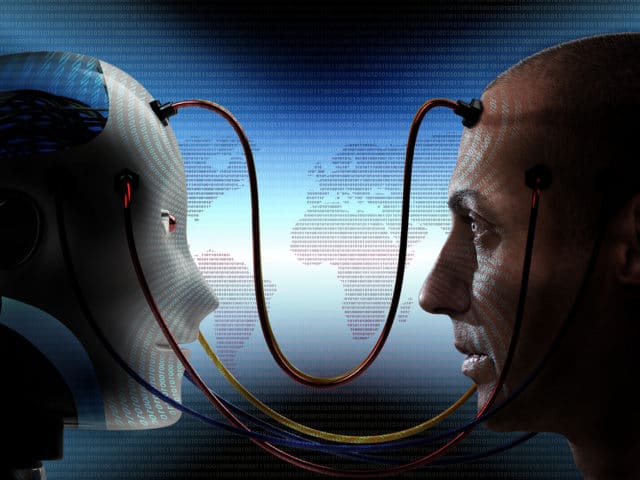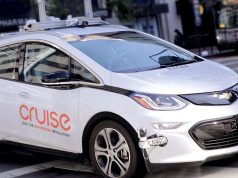Everyone, at some point in their lives, has dreamed of having a super memory. Remember each word from the textbooks to pass the college entrance exam, for example. But have you thought about deleting some memories? This is what a British neuroscientist says is possible.
Tim Bliss is a scientist who studies the brain and memory since 1968. He has won several awards for his discoveries and is one of the most respected researchers in the field, even having a page on Wikipedia. According to him, in 10 years humans will be able to choose which memories they wish to erase from their brain.
Tests done on rats have shown that it is possible to erase bad memories. The key is to “identify the paths that store this type of memory”. By uncovering this it is possible to reduce the transmission efficiency between the synapses responsible for those memories. That’s just what the rats did.
The researcher says that the same procedure can be performed in humans. At the moment, this is only possible through surgery. But a pharmacological approach, that is, via medications, will also be tested. Even some tests have already begun to be done with people who are victims of serious and traumatic accidents. This solution can be the cure for people with Post Traumatic Stress Disorder.
However, before this technique reaches the general public, there is still much discussion to be done, including discussions about the ethics of this procedure.
Separately, according to a document made by Axios, more than half of all the world’s internet traffic is already part of machines. Bots are widely used to post phrases on social networks (even on Twitter), conduct surveys, monitor online activity and even hijack banking data, such as the case of phishing.
And they are increasingly more like humans in web skills issues. For the last year, for example, the ratio is 51.8% bots versus 48.22% for humans. The research methodology took into consideration a sampling of 16.7 billion visits in 100 thousand different domains.










